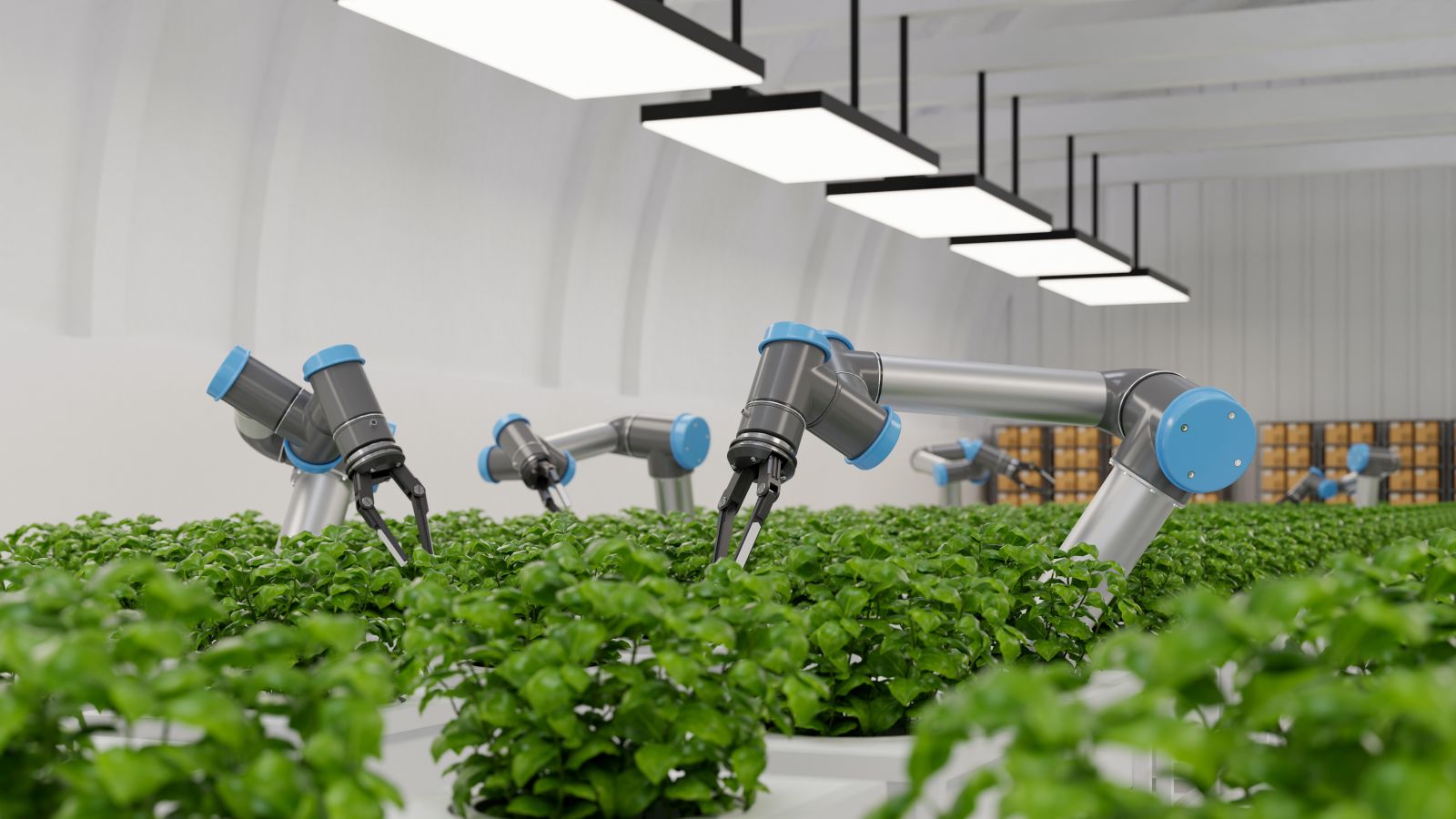Value added through AI
Artificial intelligence is increasingly finding its way into various areas of the economy and social life and offers a variety of approaches for optimising processes and using resources more efficiently.

Artificial intelligence – AI for short – is defined in a narrower sense as "learning systems" based on machine learning methods. Why "learning"? Unlike in classical programming, an algorithm does not dictate every step of the solution here. Instead, the AI system "learns" the path to the solution, similar to a human, based on observations – the data – in many successive "training runs". It does this by using machine learning to identify complex patterns or variations in data sets and make predictions based on them.
AI is a toolbox that can be used in very different areas – and is increasingly finding its way into our everyday lives. AI systems usually work behind the scenes: They enable personalised music or movie recommendations on streaming services, automatically generate subtitles for videos, or improve the translation of text into other languages. AI methods have helped us achieve new breakthroughs especially in computationally intensive and complex areas, such as language, image recognition or materials research.
AI technologies also come into play when it comes to resource efficiency: They provide companies with a variety of new approaches to optimising processes or recognising patterns in demand and consumption data. For example, intelligent planning in the logistics sector makes it possible to avoid unnecessary routes and save the associated costs and CO2 emissions.
AI technologies
- Offer many new approaches for SMEs to improve their resource efficiency.
- Optimise process flows and create new innovation potential.
- Achieve cost savings through reduced material and energy consumption.
The Green-AI Hub Mittelstand showcases numerous fields of application of artificial intelligence with the aim of creating innovation potentials and saving resources.
